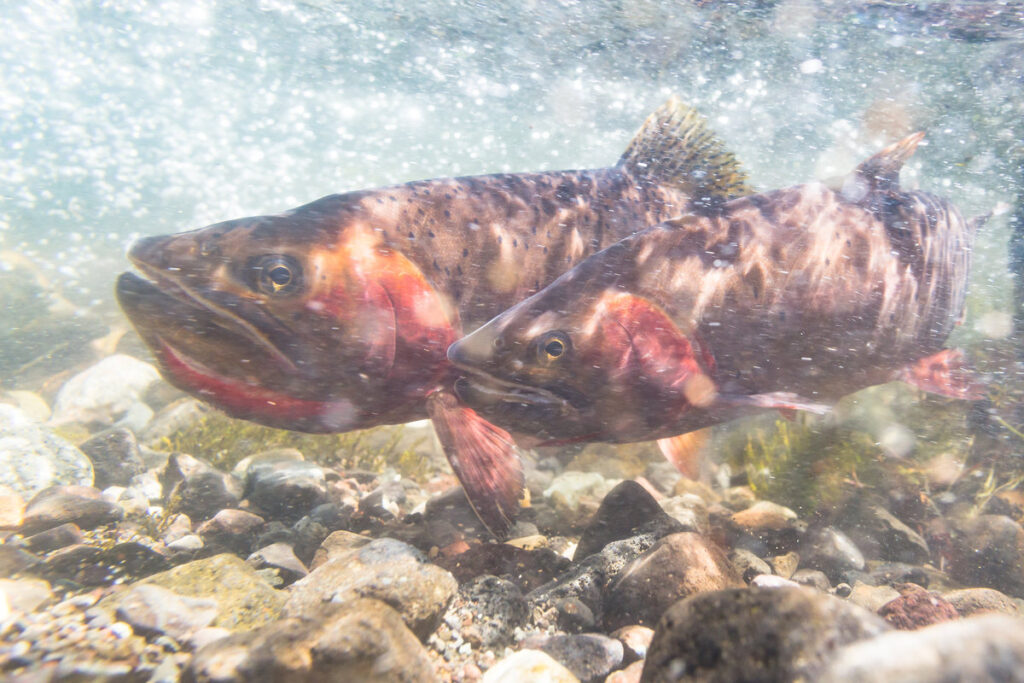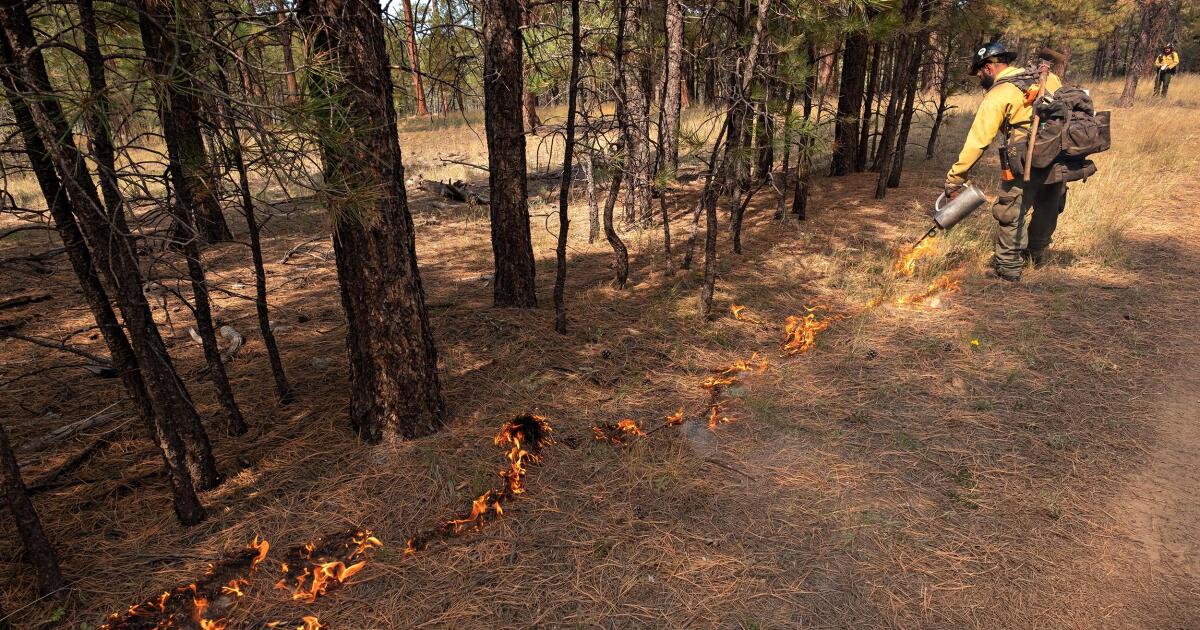A federal judge has halted the contentious plan to poison a creek in the Absaroka Mountains, aimed at introducing Yellowstone cutthroat trout. The project conflicted with the Wilderness Act, which prioritizes unspoiled wilderness for public enjoyment.
Judge Donald Molloy ordered the U.S. Forest Service to terminate its plans to use rotenone over 46 miles in the Absaroka-Beartooth Wilderness for the trout introduction. Rotenone is known to eliminate aquatic life, including fish and insects.
The plan was part of an initiative by Montana Fish, Wildlife and Parks (FWP) to establish a secure population of nonhybridized Yellowstone cutthroat trout in Buffalo Creek to tackle climate change. Rising temperatures are limiting the habitat of Yellowstone cutthroat trout, according to FWP’s draft.
The agency, in collaboration with the U.S. Forest Service and the National Park Service, aimed to eliminate rainbow trout, introduced to Hidden Lake nearly a century ago. Before their introduction, the Buffalo Creek drainage was fish-free due to its waterfalls.
Wilderness Watch, based in Missoula, opposed this plan. Their stance highlighted that Yellowstone cutthroat trout are not native to the area and that the project’s impact would disturb the wilderness. The group argued the plan left a significant human footprint in the remote area.
Wilderness Watch’s executive director, George Nickas, stated that FWP’s approach was like “playing God with species and habitat manipulation” to create an artificial reserve for the trout. He regarded the win as a critical moment in protecting the Wilderness Act’s principles.

Though Magistrate Judge Kathleen DeSoto initially supported the Forest Service, citing agency discretion in wilderness management, Molloy overruled it. His opinion emphasized the project would impair wilderness character, opposing the Wilderness Act’s purpose.
FWP spokesperson Greg Lemon focused on future projects to restore native species like Yellowstone cutthroat trout. “We will continue to look for opportunities to restore native species,” he stated, emphasizing multi-year collaboration efforts are key to their mission.
This ruling highlights the ongoing challenge wildlife managers face regarding climate-induced ecological shifts in the West. For example, a controversial plan to reduce barred owl populations is being scrutinized, and the expansion of water-demanding pinon-juniper threatens traditional vegetation in Montana.
—
Read More Montana News









